Many companies have employees whose jobs are largely or wholly comprised of determining whether an employer’s conduct is legal or compliant with regulations.
These workers are sometimes called “watchdog employees.” Even though these duties are part of their day-to-day responsibilities, these employees are still protected under the New Jersey whistleblower law, the Conscientious Employee Protection Act of 1986 (CEPA).
For a long time, New Jersey courts held that these employees were not protected by CEPA. This meant that they had no legal recourse if they were retaliated against for disclosing information regarding an employer’s illegal or fraudulent activity, giving information related to an employer’s violation of the law, or refusing to participate in the employer’s illegal activity.
The New Jersey Supreme Court eliminated this “job duties” exception in 2015, holding that these employees were entitled to the protection of CEPA as much as any other. It made clear that these employees also did not have to exhaust all internal means of securing compliance from the employer (a requirement no other employee is held to under CEPA) before reporting illegal or fraudulent activity. The Court observed in Lippman v. Ethicon, Inc., 119 A. 3d 215 (2015), that “watchdog employees are the most vulnerable to retaliation because they are ‘uniquely positioned to know where the problem areas are and to speak out when corporate profits are put ahead of consumer safety.’”
Like any other employee, a “watchdog” employee who brings a lawsuit under CEPA must show that he or she:
- Reasonably believed that the employer’s conduct was violating a law, rule, or regulation that was enacted pursuant to law or a clear mandate of public policy;
- Performed a “whistle-blowing” activity as described in CEPA; and
- Suffered an adverse employment action.
The plaintiff must also prove that a causal connection exists between the whistle-blowing activity and the adverse employment action. This connection may be more difficult to show for “watchdog” employees, since reporting activities are part of their ongoing responsibilities. Experienced legal counsel can help you determine if you have a claim for protected whistleblowing activities.


